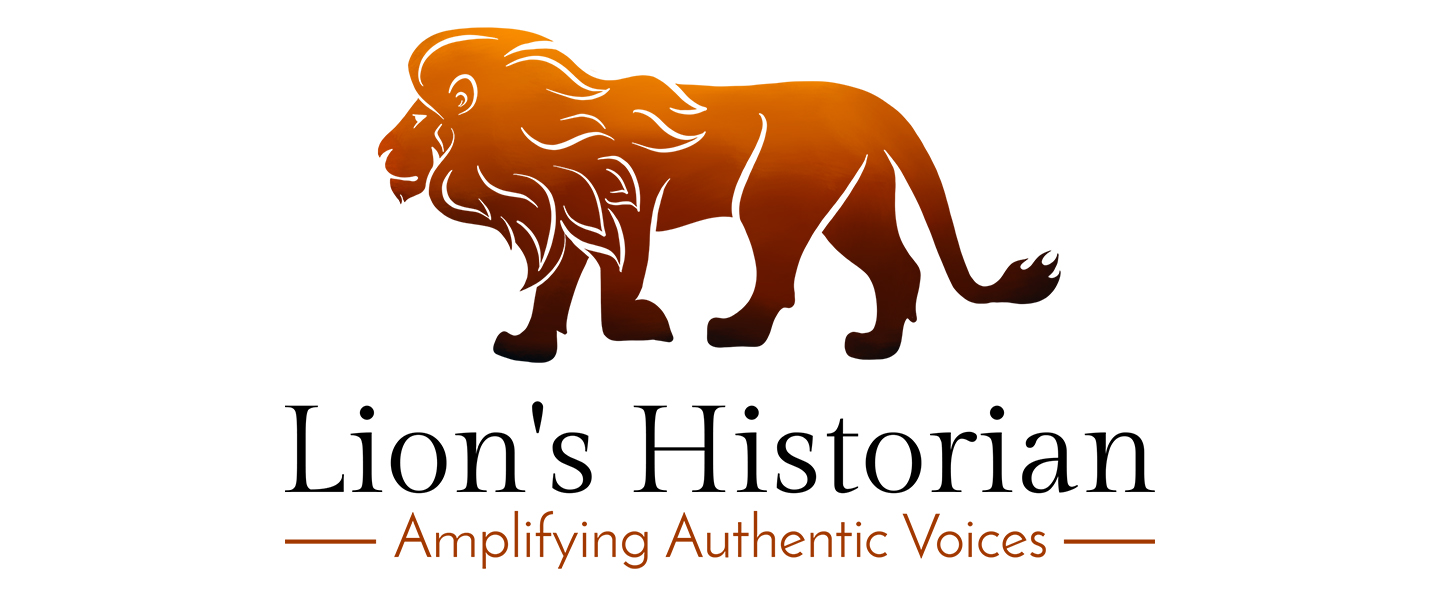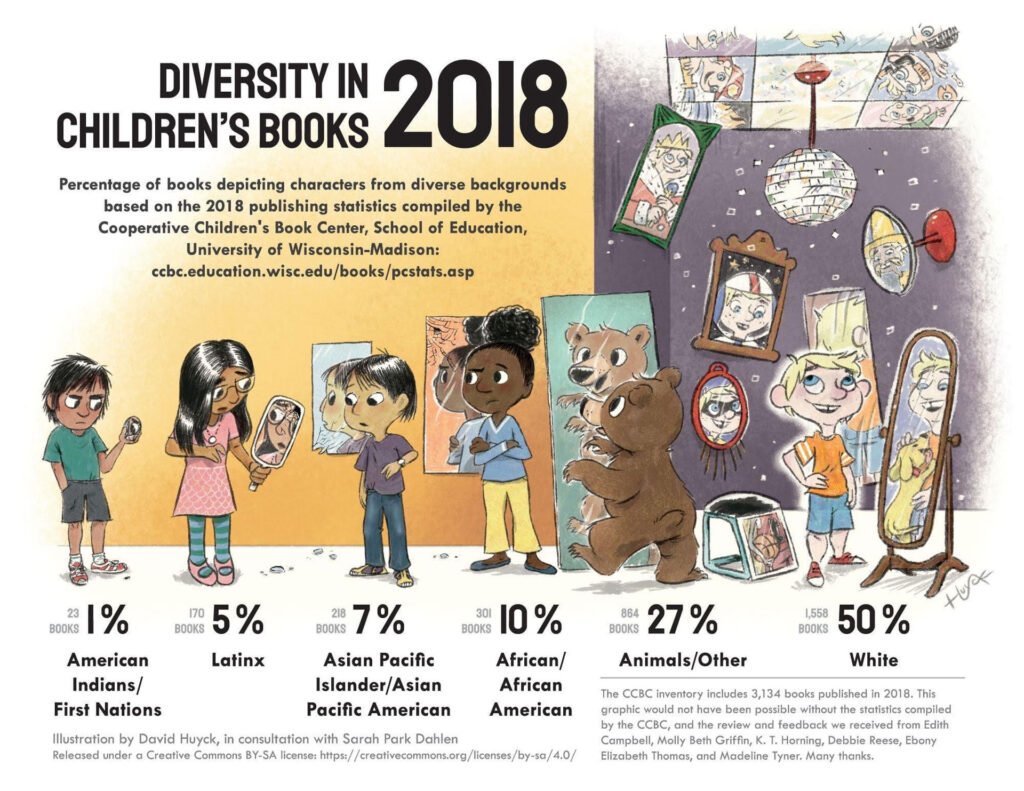

Rosemond Sarpong Owens – the Lion’s Historian
I am a Ghanaian-American diversity, equity, inclusion, and social justice (DEIJ) practitioner and author. I have lived in the Midwestern United States for more than two decades. My formative years impacted my decision to be a DEIJ practitioner and my compulsion to write. As a child, I suffered from many insecurities about my skin color, facial features, and hair texture. Not until my teens did I see someone who looked like me in a book. Beyond books, the myriad of media messages did not help the issue. Commercials, magazines, radio ads, and billboards bombarded my impressionable mind with flashy images and the constant message that to be beautiful I had to have long, flowing hair, thin lips, and fair skin. These messages impacted my psyche and sense of self as a person of color because I never saw girls who looked like me. Today, only 8% of children’s books have main characters of color, yet about 50% of children in the USA are of color. Furthermore, only four percent of all books published are about people of African heritage. (Lee & Low, 2015)
The narrative must change.
I call myself the “Lion’s Historian” in reference to the quote by famed African author, Chinua Achebe: “Until the lions have their own historians, the tale of the hunt will always glorify the hunter.” For centuries the hunters’ tales have been exalted and are still being extolled. To fill this void, I have created a series of Children’s History Books that retell the stories of our African ancestors. Internalized racism and colorism stem from mainstream beauty standards that exclude and marginalize people of color. The pressure that children feel to appeal to mainstream beauty standards impacts their self-esteem, leading them to use dangerous chemicals like perms and bleaching creams to become “beautiful.”
I live by the motto: “Representation matters.” To see people who look like you makes you feel included–that you belong. Thus, such historical representations in a children’s book can cast a new narrative and inspire a positive sense of self, wholeness, and well-being. It can unleash a person’s potential, possibilities, and purpose. To that end, I was compelled to write these children’s books.
My hope is that as people, especially children see themselves in books, it can inculcate in them self-love, educate them on their heritage, and glorify a diverse, inclusive, and equitable portrayal of our ancestors. Without question, the books we read and the images we see have a tremendous influence on how we perceive ourselves and the world around us. Therefore, imagine the kind of impact stories featuring people who look like us can have on our children. Indeed, they can inspire and empower all of us.